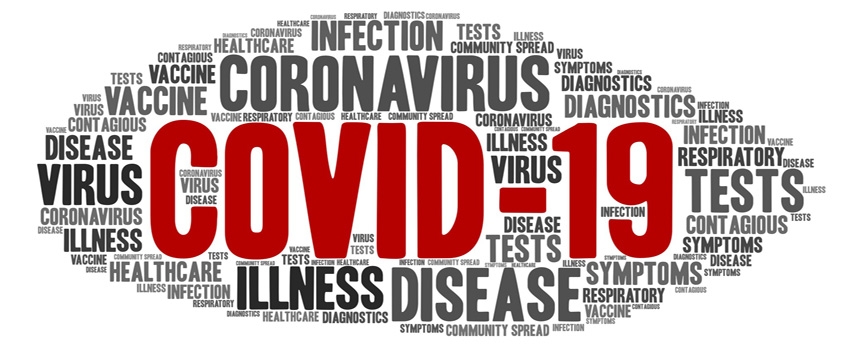
In 2016 after effectively addressing gall stones, liver stones, kidney stones, and severe parasitic infection, I was still sick and continued to seek out medical help. This was a big mistake. I was misdiagnosed with a left kidney issue and referred to a urologist for a cystoscopy (a tube up the urethra). After this procedure, I contracted a severe bladder infection.
I went to the ER 6 times was hospitalized 5 times and went through 5 rounds of antibiotics. The 5th round of antibiotics was a pick line. This is a line that is run through a vein on the inside of your upper arm and twists around until it reaches the top of your heart. This enables the antibiotics to be dropped on top of the heart. You only do this as a last resort, and this was my last chance to kill this infection.
During the month I was on this pick line, I started researching this infection and how to kill it. The medical literature stated that scientists have not yet come across a bacteria that will hold up against oregano oil. Carvacrol, which is a phenolic compound in oregano oil, was the mechanism of action.
Before I ended the last round of antibiotics, I bought some oregano oil in gel caps that contained 75 to 85% carvacrol and determined a therapeutic amount. A couple of days after the pick line was removed, I once again felt the infection coming back. I immediately started taking the oregano oil and ended it after 10 days. The oregano oil and carvacrol did what 5 rounds of antibiotics could not.
In early February, When the coronavirus looked like it was going to be a threat, I started researching again only this time regarding viruses. The first step was to identify the type of virus, so a determination could be made if oregano oil was even in the ballpark of effectiveness.
The name “coronavirus,” coined in 1968, is derived from the “corona”-like or crown-like morphology observed for these viruses in the electron microscope. Coronaviruses are divided into three genera (I to III), usually referred to as groups and based on serological cross-reactivity. Group II includes pathogens of veterinary relevance, such as BCoV, porcine hemagglutinating encephalomyelitis virus, and equine coronavirus, as well as human coronaviruses viruses OC43 and NL63, which, like HCoV-229E, also cause respiratory infections.
Although there are no direct links to oregano oil being effective against COVID-19, it has exhibited strong antiviral activity against several nonenveloped RNA, and DNA viruses such as adenovirus type 3, poliovirus, and coxsackievirus B1.179 Adenovirus is similar in that it causes respiratory infection. To be clear, however, COVED-19 is an enveloped virus. This means that in addition to the RNA or DNA genomes and protective protein capsids that are common to all viruses, enveloped virus structures are also wrapped in bilipid membranes.180
A few studies have compared the antiviral efficacies of plant antimicrobials with both enveloped and nonenveloped viruses. The observed antiviral effect has usually been more significant for enveloped viruses. For example, oregano oil and clove oil were effective against enveloped viruses.181 Most of these studies are also done in vitro. If I had written off in vitro studies, I would not be here today. The bottom line is that yes, I do keep oregano oil with 75-85% carvacrol in my pantry, and I have a plan for a therapeutic amount should I get infected with COVID-19. This is, however, an experiment I would rather not engage.
Other Antiviral Notes
In other studies, both olive oil phenolic compounds oleuropein and hydroxytyrosol have shown to be effective against viruses.157-182
In Wenzhou China, during the outbreak, it was found that COVID-19 patients had low serum cholesterol. What this means and what else needs to be considered is in question, but every bit of information I feel is valuable.
Fundamentally anything used to address COVID-19 must be seen as an experiment if not explicitly shown to work. However, in my opinion, if it is food-based and will not cause harm, or is GRAS (generally regarded as safe) as with oregano oil, then I am willing to experiment.
About Kelly Burris, PhD, MBC
As a research and behavioral scientist for over 35 years, Kelly Burris has eliminated labels and personal history, defined ‘Normal,’ and built a mental health protocol that measures emotional and gut health at every session. This is in an industry that only defines broken or disordered and does not recognize the need for data collection. He is the developer of the empirically sound Subconscious Restructuring™ process and founder of the Burris Institute. With over 200 medical references, Subconscious Restructuring™ represents a scientific breakthrough in mental health.
As part of the Burris, ecosystem Subconscious Restructuring™ Practitioners can manage, track, and interact with current and future clients after certification on BurrisConnect.com. This same ecosystem enables corporate, military, and educational entities to supervise and monitor the performance of their internal Subconscious Restructuring™ (mental health) infrastructure in the cloud.
References
181. Mechanisms of Antiviral Action of Plant Antimicrobials against Murine Norovirus
183. Low Serum Cholesterol Level Among Patients with COVID-19 Infection in Wenzhou, China
157. Oleuropein in Olive and its Pharmacological Effects
